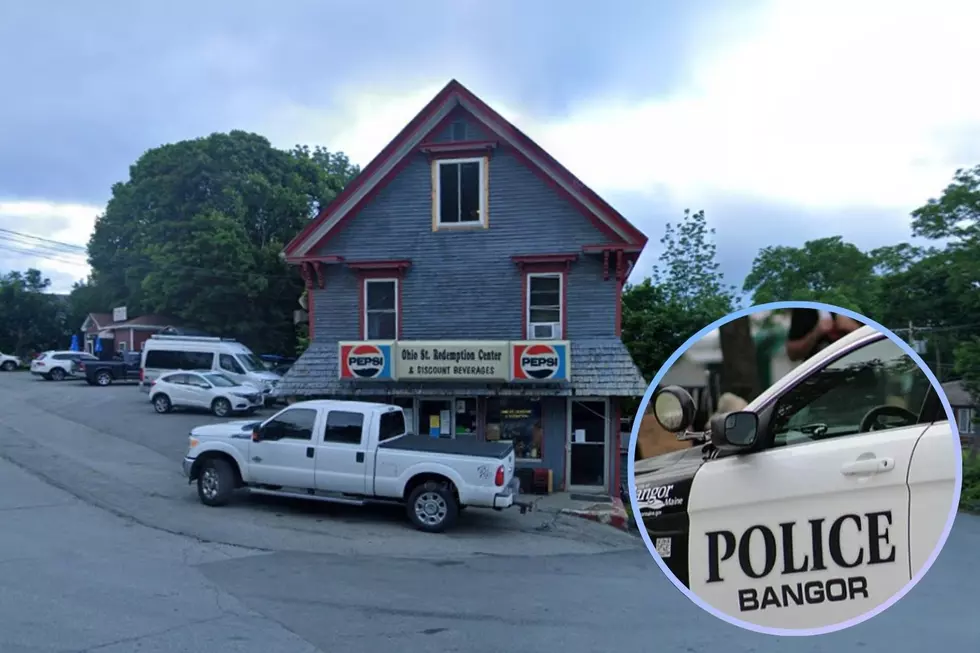
Maine Judge Approves a Bid for DNA Testing in 1989 Murder Case
Dennis Dechaine, who has maintained his claim of innocence in the 1988 murder of a 12-year-old girl, has won a motion for new DNA testing.
What Were the Details of the Murder?
Sarah Cherry was at her very first babysitting job in Bowdoin when she disappeared on July 6th, 1988. When the baby's mother came home, she found two things in her driveway that didn't belong and no sign of her babysitter. Several days later, Sarah's body would be found hidden in a wooded area. An examination of her remains revealed that she had been tortured, sexually assaulted, and strangled.
A local farmer, Dennis Dechaine, was arrested after his truck was discovered near the area where Cherry's body was found. Dechaine would eventually tell police that he'd gone into the woods to do illegal drugs and then got lost while on his way out of the woods. He made his way to the road and flagged down a police car.
How Was Dennis Dechaine Convicted?
Several items presented at trial were linked to Dechaine, including a scarf and rope found with her body that had been in his truck. Investigators, however, never found any evidence that Cherry had been in the vehicle. He was convicted in 1989 of first-degree murder and sentenced to life in prison with no possibility for parole. Over the years, Dechaine has always maintained his innocence, launching multiple unsuccessful legal bids for retesting of evidence. Several books and a documentary have been released about this case, making it one of the most infamous murder cases in Maine's history.
What's the Benefit of New DNA Testing?
Now, a judge has approved further DNA testing in the death of Sarah Cherry. WGME-TV reports his lawyers had argued that the tests should be allowed because of advancements in technology that they say could exonerate their client. The ruling includes stipulations to the fact that the condition of the DNA from 1988 was not known to the judge at the time and could affect whether the testing will be possible. There's no timeline for when those results can be expected.
Over the years, the Innocence Project has helped Dechaine work toward proving his case. The group that works to help convicted murderers prove their innocence was featured in a book recently about another case that involved someone from Maine. Isaac Knapper of New Orleans was convicted of the 1979 mugging/murder of Dr. Ronald Banks of Brewer, Maine but after serving more than 12 years behind bars, was exonerated. He went on to write the book 'Fighting Time' with Dr. Banks' daughter, Amy.
16 Unsolved Homicides in Maine from the Past 20 Years
20 Maine News Stories that Have Shocked Us Since the Year 2000
More From WQCB Brewer Maine









